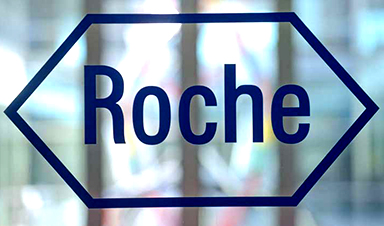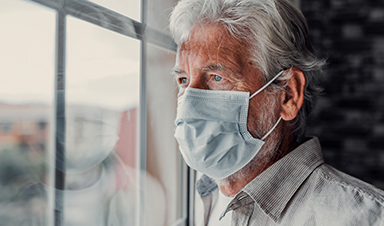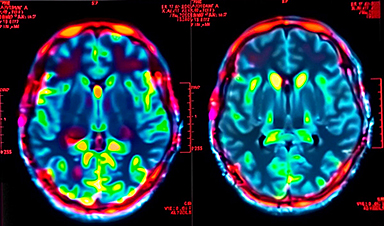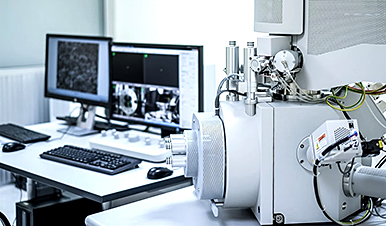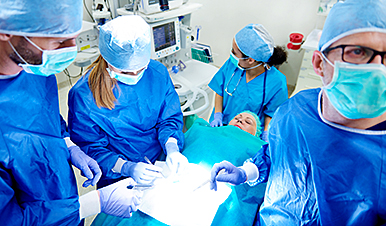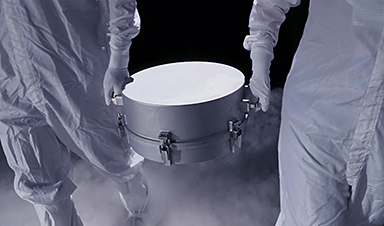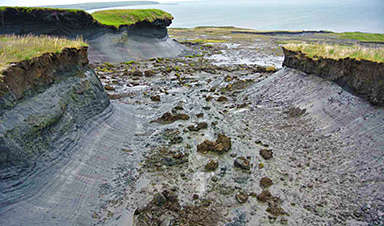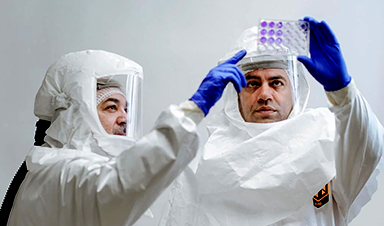- The cobas SARS-CoV-2 Variant Set 1 Test is designed to detect key spike mutations in virus variants associated with increased human-to-human transmission
- Accurate detection and differentiation of SARS-CoV-2 mutations can help assess the spread of circulating variants and monitor their potential impact on therapeutics, vaccines and public health interventions
- Periodic assessments against emerging variants have shown that Roche’s current diagnostic tests for detecting active SARS-CoV-2 infections remain accurate and effective
- The test runs on widely used high-throughput systems and is for research purposes only
Basel, 16 March 2021- Roche (SIX: RO, ROG; OTCQX: RHHBY) today announced the launch of the cobas® SARS-CoV-2 Variant Set 1 Test to detect and differentiate mutations found in variants that originated in the UK (B.1.1.7), South Africa (B.1.351), and Brazil (P.1). This research use only laboratory test can be used to help scientists track mutation prevalence and to assess any potential impact on diagnostics, vaccines and therapeutics, providing crucial insight for healthcare systems in making appropriate measures to combat COVID-19.
Variants of B.1.1.7, B.1.351 and P.1 lineage gained prominence in late 2020, with each carrying a number of genomic mutations. Among them, mutations E484K, N501Y and del 69-70 are located in the spike protein, the region that enables the virus to attach to and enter the human cell. Studies have suggested that these mutations may be linked to increased disease transmissibility, and possibly decreased therapeutic and vaccine efficacy.1-4
“Viruses naturally evolve over time. While most mutations do not have a clinical impact, some variants need to be tracked carefully as they seem to spread more easily and quickly,” said Thomas Schinecker, CEO Roche Diagnostics. “Continued surveillance is essential for public health. Our latest solution provides laboratories a fast and efficient way to investigate these variants found in infected individuals and the potential impact on existing therapies, vaccines and tests.”
The cobas SARS-CoV-2 Variant Set 1 Test runs on the widely available, high-volume cobas® 6800/8800 Systems. Pre-optimized assay design, ready-to-use test cassettes and predefined software parameters enable laboratories to reduce testing complexity and increase walkaway time.
It is important to note that Roche has confirmed its existing diagnostic tests to detect SARS-CoV-2 are not affected by known mutations and remain accurate and effective in detecting active infections. The company is conducting assessments on a regular basis and will continue to monitor as new variants arise.
Image Credit: Roche
Post by Amanda Scott, NA CEO. Follow her on twitter @tantriclens
Thanks to Heinz V. Hoenen. Follow him on twitter: @HeinzVHoenen
News
Does COVID increase the risk of Alzheimer’s disease?
Scientists discover that even mild COVID-19 can alter brain proteins linked to Alzheimer’s disease, potentially increasing dementia risk—raising urgent public health concerns. A recent study published in the journal Nature Medicine investigated whether both mild and [...]
New MRI Study Reveals How Cannabis Alters Brain Activity and Weakens Memory
A massive new study sheds light on how cannabis affects the brain, particularly during cognitive tasks. Researchers analyzed over 1,000 young adults and found that both heavy lifetime use and recent cannabis consumption significantly reduced brain [...]
How to Assess Nanotoxicity: Key Methods and Protocols
With their high surface area and enhanced physicochemical properties, nanomaterials play a critical role in drug delivery, consumer products, and environmental technologies. However, their nanoscale dimensions enable interactions with cellular components in complex and [...]
Nanotech drug delivery shows lasting benefits, reducing need for repeat surgeries
A nanotechnology-based drug delivery system developed at UVA Health to save patients from repeated surgeries has proved to have unexpectedly long-lasting benefits in lab tests – a promising sign for its potential to help human patients. [...]
Scientists Just Found DNA’s Building Blocks in Asteroid Bennu – Could This Explain Life’s Origins?
Japanese scientists detected all five nucleobases — building blocks of DNA and RNA — in samples returned from asteroid Bennu by NASA’s OSIRIS-REx mission. NASA’s OSIRIS-REx mission brought back 121.6 grams of asteroid Bennu, unveiling nitrogen-rich organic matter, including DNA’s essential [...]
AI-Designed Proteins – Unlike Any Found in Nature – Revolutionize Snakebite Treatment
Scientists have pioneered a groundbreaking method to combat snake venom using newly designed proteins, offering hope for more effective, accessible, and affordable antivenom solutions. By utilizing advanced computational techniques and deep learning, this innovative [...]
New nanosystem offers hope for improved diagnosis and treatment of tongue cancer
A pioneering study has unveiled the Au-HN-1 nanosystem, a cutting-edge approach that promises to transform the diagnosis and treatment of tongue squamous cell carcinoma (TSCC). By harnessing gold nanoparticles coupled with the HN-1 peptide, [...]
Global Trust in Science Is Stronger Than Expected – What’s Next?
A landmark global survey conducted across 68 countries has found that public trust in scientists remains robust, with significant support for their active involvement in societal and political matters. The study highlights the public’s [...]
Microplastics in the bloodstream may pose hidden risks to brain health
In a recent study published in the journal Science Advances, researchers investigated the impact of microplastics on blood flow and neurobehavioral functions in mice. Using advanced imaging techniques, they observed that microplastics obstruct cerebral blood [...]
AI Surveillance: New Study Exposes Hidden Risks to Your Privacy
A new mathematical model enhances the evaluation of AI identification risks, offering a scalable solution to balance technological benefits with privacy protection. AI tools are increasingly used to track and monitor people both online [...]
Permafrost Thaw: Unleashing Ancient Pathogens and Greenhouse Gases
Permafrost is a fascinating yet alarming natural phenomenon. It refers to ground that remains frozen for at least two consecutive years. Mostly found in polar regions like Siberia, Alaska, and Canada, permafrost plays a [...]
Frequent social media use tied to higher levels of irritability
A survey led by researchers from the Center for Quantitative Health at Massachusetts General Hospital and Harvard Medical School has analyzed the association between self-reported social media use and irritability among US adults. Frequent [...]
Australian oysters’ blood could hold key to fighting drug-resistant superbugs
Protein found in Sydney rock oysters’ haemolymph can kill bacteria and boost some antibiotics’ effectiveness, scientists discover An antimicrobial protein found in the blood of an Australian oyster could help in the fight against [...]
First U.S. H5N1 Death Sparks Urgency: Scientists Warn Bird Flu Is Mutating Faster Than Expected
A human strain of H5N1 bird flu isolated in Texas shows mutations enabling better replication in human cells and causing more severe disease in mice compared to a bovine strain. While the virus isn’t [...]
AI Breakthrough in Nanotechnology Shatters Limits of Precision
At TU Graz, a pioneering research group is leveraging artificial intelligence to drastically enhance the way nanostructures are constructed. They aim to develop a self-learning AI system that can autonomously position molecules with unprecedented precision, potentially [...]
How Missing Sleep Lets Bad Memories Haunt Your Mind
Research reveals that a lack of sleep can hinder the brain’s ability to suppress unwanted memories and intrusive thoughts, emphasizing the importance of restful sleep for mental health. Sleep deprivation has been found to [...]
